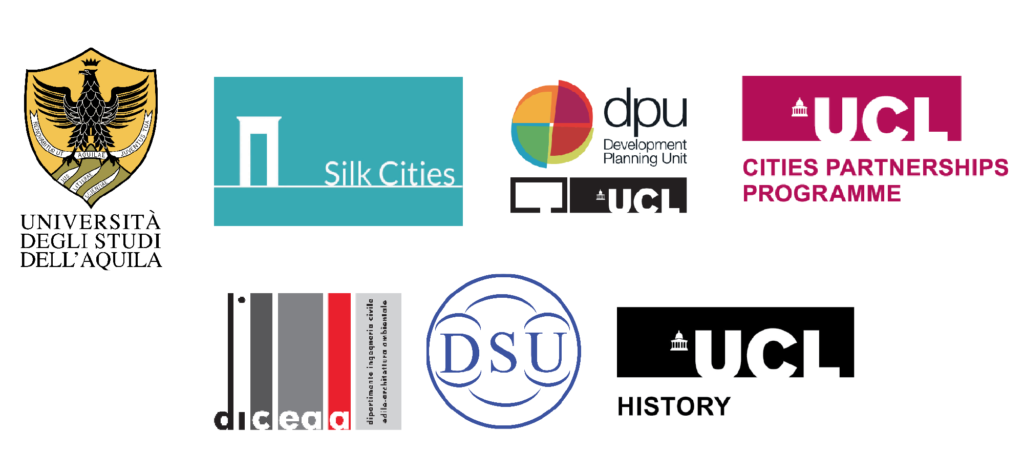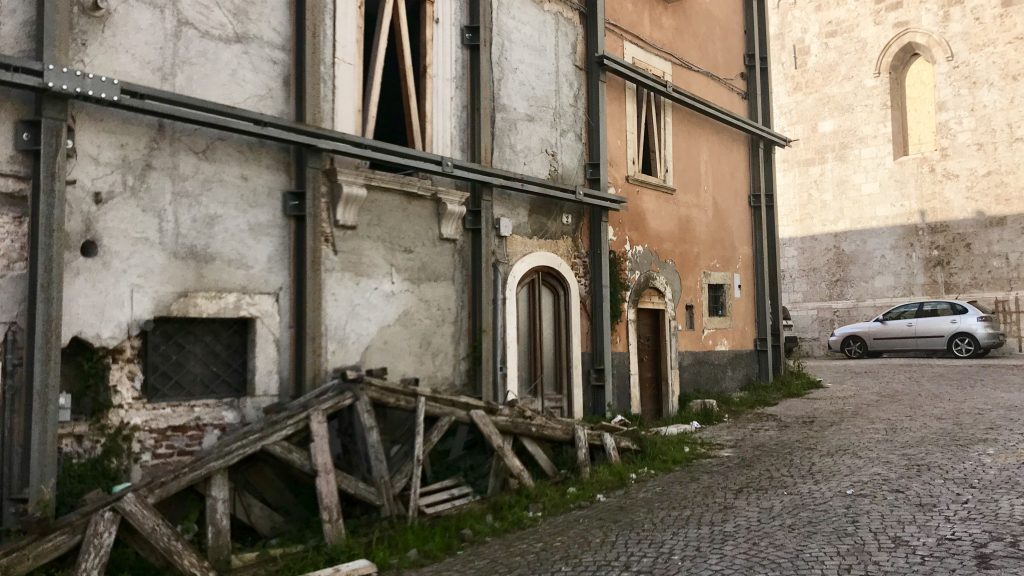Conference Details

Reconstruction, Recovery and Resilience of Historic Cities and Societies
2019 marks the tenth anniversary of the L’Aquila earthquake which devastated the city and its historic centre, affecting over 100,000 people who lived in the city and its surrounding areas. While rebuilding work is ongoing, economic and social recovery is struggling. This peer-reviewed conference aims to bring together global knowledge and offer new perspectives and strategies on linking urban processes, reconstruction approaches and heritage issues and to push the traditional theoretical and practical boundaries in order to improve the future of post-crisis reconstruction in historic cities. The city and its people stand to benefit from the global, dispersed, knowledge on the subject matter that will be gathered in the city during the conference.
This will be the third Silk Cities international conference and it is designed to address the issues surrounding reconstruction in historic cities at two levels. At a local level the conference will provoke conversation and reflection on the rebuilding work already carried out and consideration of the next ten years of reconstruction and recovery in L’Aquila. At a wider level, the conference seeks to influence the way in which risk is considered in historic cities and to promote a holistic approach to resilience which takes account of social, cultural and psychological factors.
The three day conference will be part of the series of events marking ten years from the earthquake, open to all it will encourage participation from the citizens of L’Aquila. Round table discussions are planned which will bring academic participants in the conference together with policy makers, local activists and other stakeholders to look at strategies for recovery and resilience. The city and its people stand to benefit from external insights and knowledge and it can be seen as a laboratory to examine themes that are common to many cities worldwide.
15 minute papers are invited under the following themes:
- Managing reconstruction, heritage and city planning
- City recovery: Social, Psychological, Economic and Cultural Heritage
- Linking urban resilience and cultural heritage
The conference also welcomes non-paper presentations, for example short films and documentaries.
